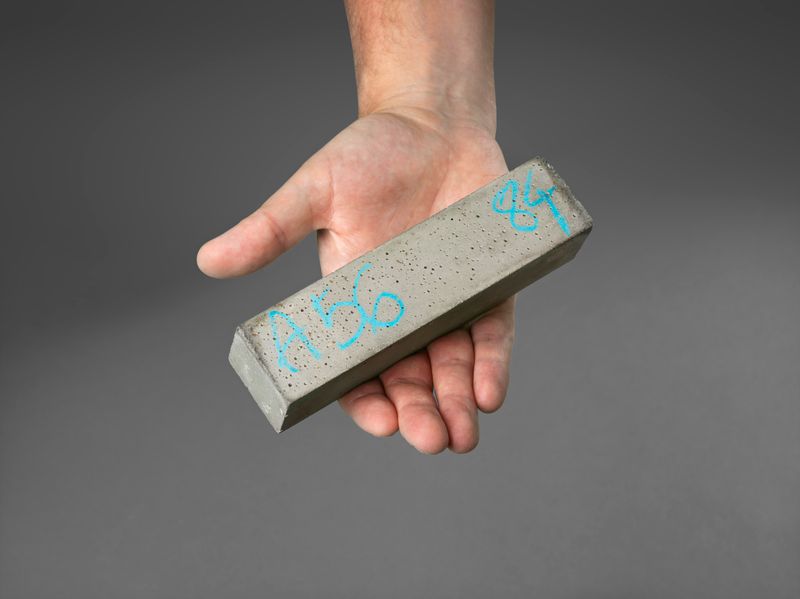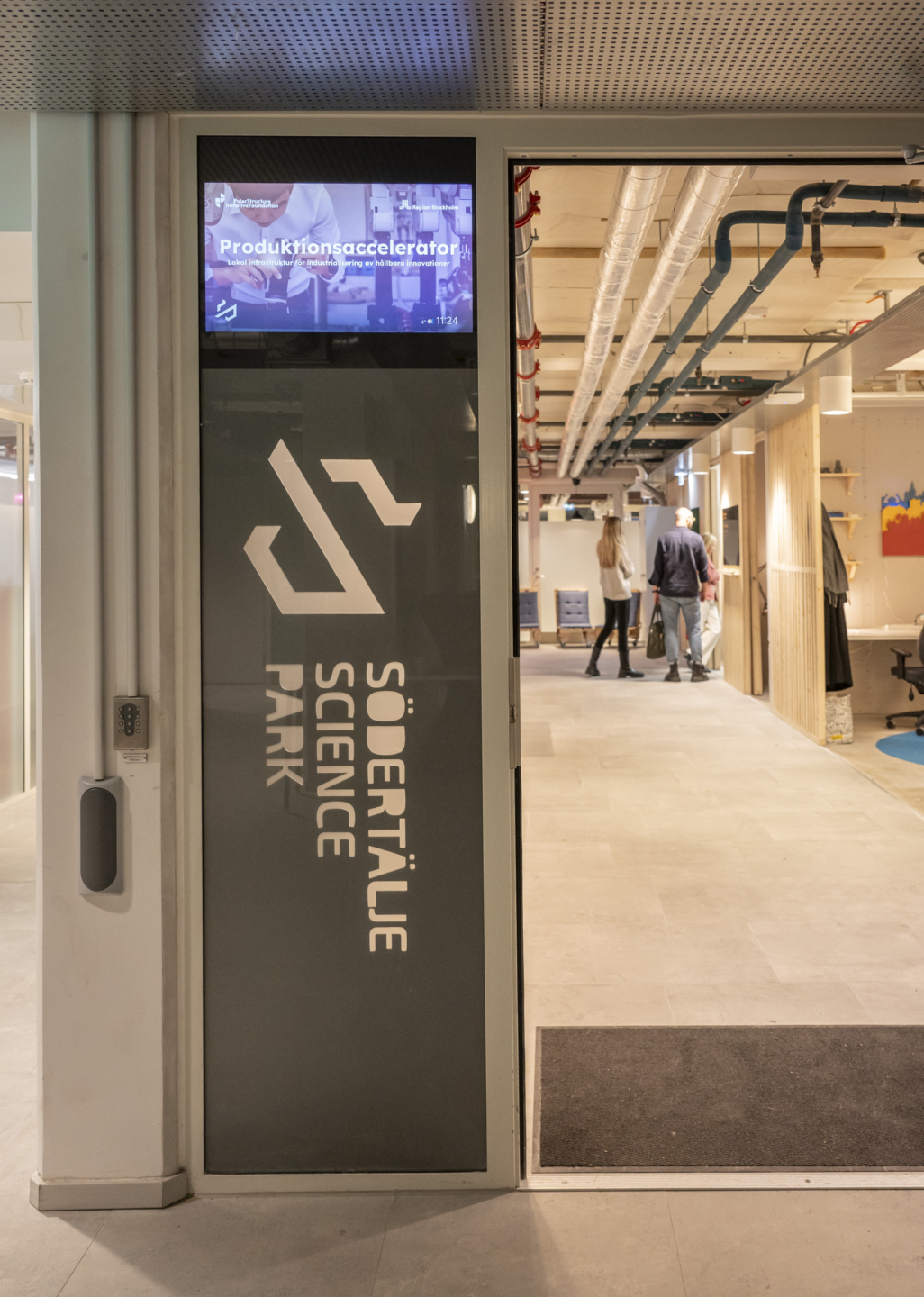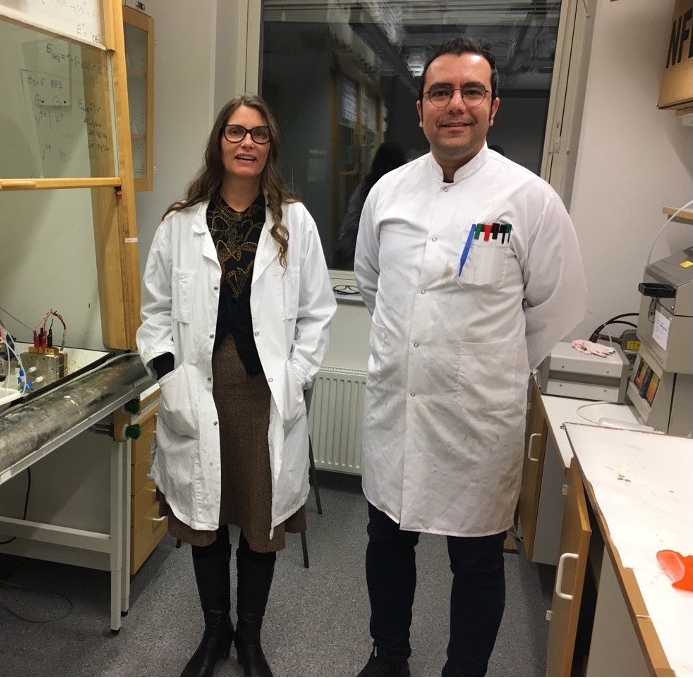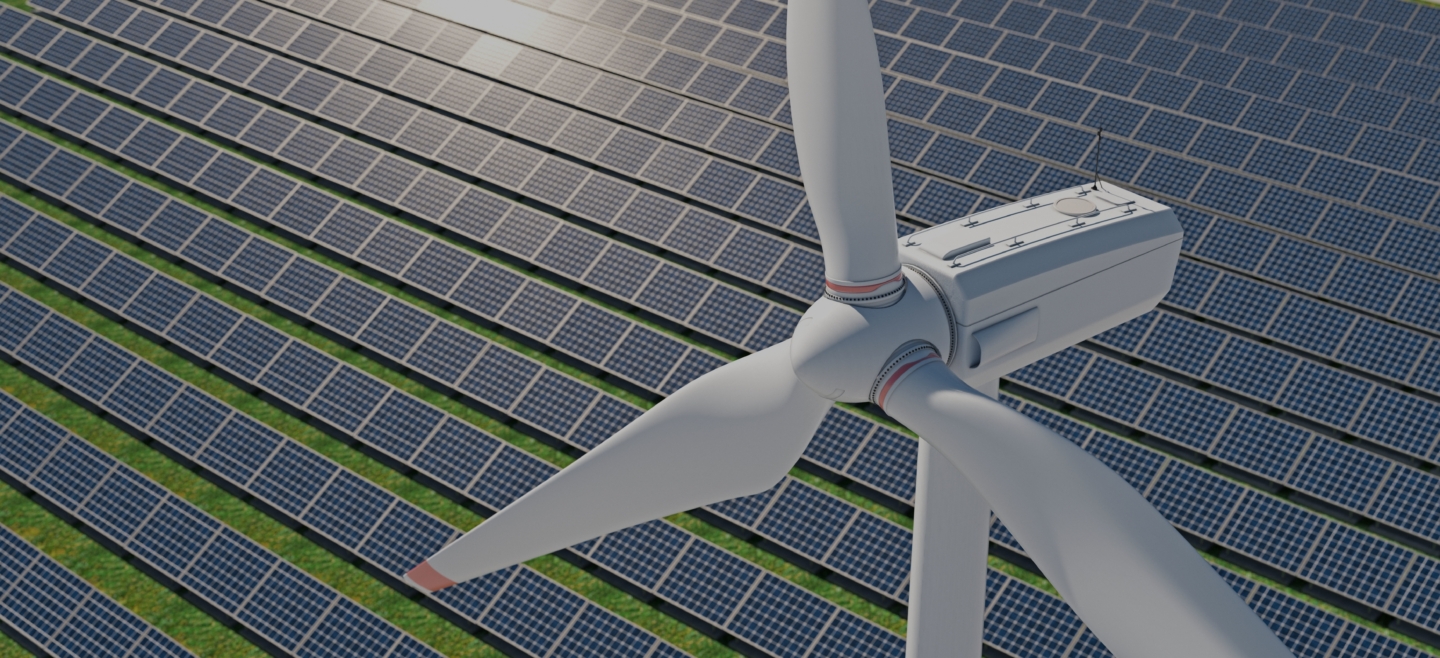Bridging the infrastructure gap
Sweden is facing significant societal challenges that need long-term and innovative solutions within critical infrastructure. In a time of political uncertainty, short-term decisions create obstacles for long-term investments, which will affect the competitiveness of the Swedish industry and its ability to secure future jobs in the long run.
The Polar Structure Initiative Foundation fills this gap by acting as a long-term catalyst and driving force for investments in infrastructure that not only support the industry but also strengthen Sweden’s ability to tackle future challenges. By promoting the development of transport, energy, and connected cities, the foundation creates the conditions for a strong and resilient “AB ‘Sverige.”
We combine the roles of an angel investor, a non-profit catalyst, and a think tank to foster innovation and growth while ensuring that Sweden is well-prepared to meet future needs. With a focus on long-term value and societal benefit, we aim to be a leading player in shaping the future of Sweden’s infrastructure.

Who we are?
The Polar Structure Initiative Foundation
Who we are?
Polar Structure Initiative Foundation is an angel investor and catalyst that shape the future of society critical infrastructure. It was founded by Polar Structure in 2020 with the aim to contribute to society beyond what Polar Structure as a comercial entity can do.
Scope
Our key focus areas include the future of:
- The transport sector
- The energy sector
- Connected cities
Our approach
We approach our work with a commercial mindset since we believe it is the most effective way to maximize the impact of our foundation. In practise, this means part of our foundation, PSIF Ventures, is expected to yield a return, while the aim of the other, PSIF Catalyst, is to maximise value for the eco-system and society at large.
Beyond funding
We bring more than just financial support. Leveraging our industry expertise, business know-how, and extensive network, we believe we are well-equipped to drive impactful change in the infrastructure sector.
Focused impact
Our investments and projects are carefully chosen. We rather dedicate our money and time to a selected few than spread ourselves too thin.
A global view
We have a systemic approach when we select initiatives to support.
Minimize administration
Everything in the foundation is set-up to minimize administration to ensure our efforts are dedicated towards creating impact.
Our Iniatives


Background & Challenges:
Rail freight plays a key role in Sweden’s industry and climate transition, yet its market share has declined in favor of road transport. Rising costs, maintenance backlogs, and poor punctuality have eroded competitiveness, while heavier and longer trucks and higher track fees have worsened the imbalance. To reverse the trend, PSIF commissioned an independent study exploring how rail can regain ground and strengthen Sweden’s sustainable transport system.
Solution:
Through interviews with operators, customers, and experts, and analysis of national data, the project developed an action plan to boost rail freight competitiveness. Proposed measures include fairer access charges, longer trains, improved maintenance and disruption management, and stronger collaboration across the sector. The findings were presented at a Stockholm Chamber of Commerce seminar on how Sweden can meet growing industrial and climate demands through a stronger rail system.
Impact:
PSIF’s support enabled a fact-based, independent assessment of rail freight’s potential. The results offer policymakers and industry a roadmap to increase rail’s market share, reduce emissions, and enhance Sweden’s industrial resilience.
📄 The full report (in Swedish only) will be available for download via the link below.
https://psinitiativefoundation.org/uploads/2025/11/utnyttja-jarnvagens-potential-for-godstransporter-polar-structure-rapport-2025-09-0160-3.pdf


Background & Challenge:
The cement industry, responsible for 8% of global CO2 emissions and valued at approximately $400 billion worldwide, poses a significant environmental challenge due to its carbon-intensive processes. Traditional Portland cement production releases substantial amounts of CO2, contributing to climate change and environmental degradation. Despite growing awareness and regulatory pressure to reduce emissions, finding alternatives that balance sustainability with performance and affordability remains a pressing challenge for the industry.
Solution:
CemVision’s innovative technology enables the production of fossil-free cement with a CO2 reduction of over 95%. By utilizing raw materials recycled from industrial waste and employing kilns powered by green electricity at lower temperatures, CemVision achieves a substantial reduction in emissions while maintaining durability and performance. In addition, Cemvision’s cement builds early strength up to 5 times faster than Portland, allowing for increased productivity.
Impact thesis:
CemVision’s products have the potential to revolutionize the cement industry by providing a sustainable alternative to traditional Portland cement. By significantly reducing CO2 emissions in cement production while maintaining durability and performance, CemVision aims to mitigate the environmental impact of construction materials. This shift towards fossil-free cement not only aligns with global efforts to combat climate change but also presents an opportunity to drive the transition towards net-zero emissions in the construction sector.


Background & Challenge:
In China, it is easy for hardware startups to get their first batch of products made. They can simply buy it over counter and have their products ready within a day or two. However, considering trends like deglobalisation, an increased emphasis on local manufacturing and self-sufficiency, Sweden needs to ensure it can provide similar opportunities.
However, in Sweden hard-ware startups lack access to facilities and support for low-volume manufacturing and assembly, which is a big challenge in their industrialization journey. There is a need for a physical space where startups can prepare and develop prototypes and processes for industrialization, as well as test small-scale production before scaling up.
Solution:
Establish a physical space, “Produktionsacceleratorn”, at Södertälje Science Park to provide startups with the necessary facilities and equipment for small-scale
manufacturing and assembly. “Produktionsacceleratorn” will complement the existing program “Produktionsänglar” that Södertälje Science Park run, by offering startups the opportunity to learn through experimentation and test their production processes before scaling up.
Impact thesis:
The Polar Structure Initiative Foundation, together with Region Stockholm, is funding the project to enable the establishment of “Produktionsacceleratorn”. By providing financial support, PSIF contributes to addressing the challenges faced by hard-ware startups in accessing facilities and support for industrialization. The project aims to bridge the gap between startups and manufacturers, facilitating the transition from prototyping to production and fostering innovation and economic growth in the region.


Background & Challenges:
The transformation of Sweden’s energy system since its deregulation in 1996 has shifted control to the EU and the European deregulated electricity market. This transition, coupled with a historic expansion of wind power and ongoing electrification across industries, presents challenges. The nation faces significant differences in energy pricing and infrastructure. Amidst the intense debates surrounding the current energy crisis, it has become evident that there is a lack of ownership of the capacity challenge in the energy sector, as well as fragmented ownership with regards to the future of the Swedish energy sector. Recognizing this, PSIF initiated a dialogue with Linköping University (LiU), resulting in an application for funding from PSIF for the research project “Vision 2050 – a Swedish resilient sustainable energy system.”
Solution:
The research project is based on the premise that the ongoing energy transition radically affects the design of future electricity systems and the need for Sweden as a country to rally its efforts. As no single actor holds the entire solution, it is important to convene stakeholders for dialogues with the vision of obtaining a more comprehensive picture of the electricity system of the future by 2050. Stakeholder collaboration involves representatives from various disciplines, including the private, public and academic sector. The project utilizes resilience theory to analyze the dynamic nature of the energy transition.
Impact thesis:
The PSIF’s funding of the research project at Linköping University aims to address the fragmented ownership of the energy question and foster a more comprehensive understanding of Sweden’s energy system dynamics. By facilitating stakeholder dialogues and interdisciplinary collaboration, the project endeavors to contribute significantly to shaping a resilient and sustainable energy system for Sweden by 2050.


Background & Challenge:
Redox flow batteries (RFBs) are promising for stationary storage of renewable energy, offering scalability and durability. However, current RFB technology faces challenges in cost-effectiveness and resource availability. Vanadium-based RFBs, though effective, are expensive due to the scarcity of vanadium and temperature sensitivity, limiting their deployment in varying climates.
Solution:
To address these challenges, research at KTH focuses on advancing RFB technology with manganese electrolytes, aiming to create cost-effective and sustainable alternatives to vanadium-based systems. Collaborating with Imperial College London and RFC Power, the project explores the H2/Mn concept, utilizing manganese’s abundance and low toxicity as an electrolyte. This approach significantly reduces costs and enhances scalability, making RFBs more economically viable and environmentally sustainable.
Impact thesis:
Funding from the PSIF contributes to the development of RFB technology with manganese electrolytes, driving innovation in energy storage. By addressing cost and resource challenges, the research project aims to accelerate the adoption of RFBs in renewable energy systems, contributing to a more sustainable energy future.
Read more about the final results of the research;
https://iopscience.iop.org/article/10.1149/1945-7111/ad6cff/meta />


Background & Challenges:
The weather in tropical regions are often unpreditictable, which significantly impacts agricultural activities. Without reliable forecasts, farmers face heightened risks and potential losses, undermining their livelihoods and food security.
Solution:
Ignitia specializes in providing hyper-local, highly accurate weather forecasts tailored for farmers in tropical climates. These forecasts are delivered daily via SMS directly to subscribers’ phones, offering a 48-hour prediction window.
Impact thesis:
By leveraging Ignitia’s forecasts, farmers gain increased predictability, allowing them to make informed decisions, minimize risks, and optimize their agricultural practices. This empowerment leads to proactive strategies that mitigate the impact of adverse weather conditions, potentially resulting in substantial boosts in agricultural productivity. With farmers able to expect up to 80% higher yields on their crops, Ignitia’s impact on livelihoods and food production could be significant, ultimately contributing to improved food security in the regions served by Ignitia.
Our focus
The foundation acts both as an angel investor and a catalyst.
Yields a return that can be re-invested to accelerate the impact of the foundation
Investment scope:
- Existing and proven technologies that solve infrastructure challenges
- Solutions that make infrastructure more sustainable with regards to:
- CO2 emissions,
- waste,
- water,
- pollution,
- biodiversity or
- social challenges within the infrastructure value chain
Maximises the value for the eco-system and the society at large
Scope:
- Provide perspectives and facts on solutions that address big overlooked challenges within the infrastructure sector
- Facilitate cross-sector partnerships and mobilize private and public actors in new ways to funnel knowledge and capital to the cause
- Mobilise an eco-system of talent to address the cause at scale

Beyond funding
Contact

Maria Björholt – Executive Director
stiftelse@polarstructure.se
Members of the board:
Karim Sahibzada – Chairman of the Board
Maria Björholt – Board member
Peter Hellqvist – Board member
Sofie Einar – Board member
Stephan Roth – Board member




